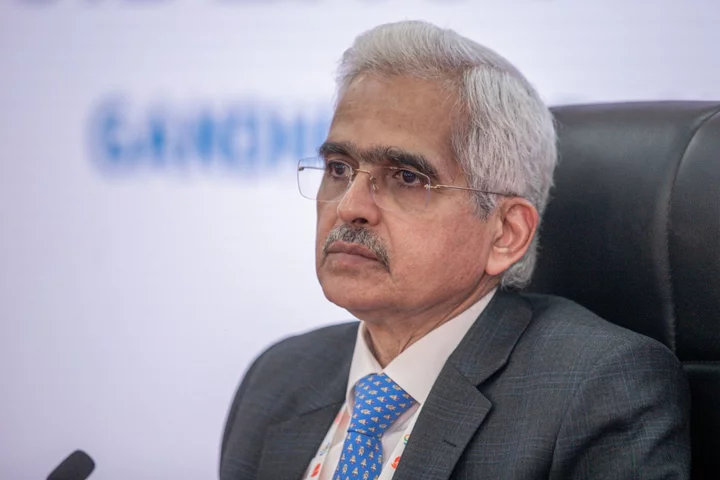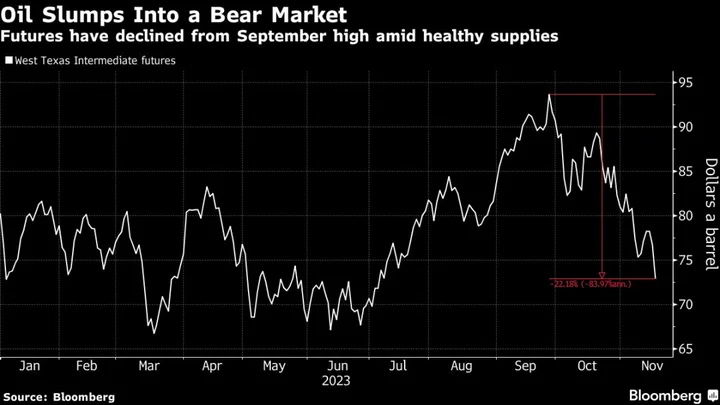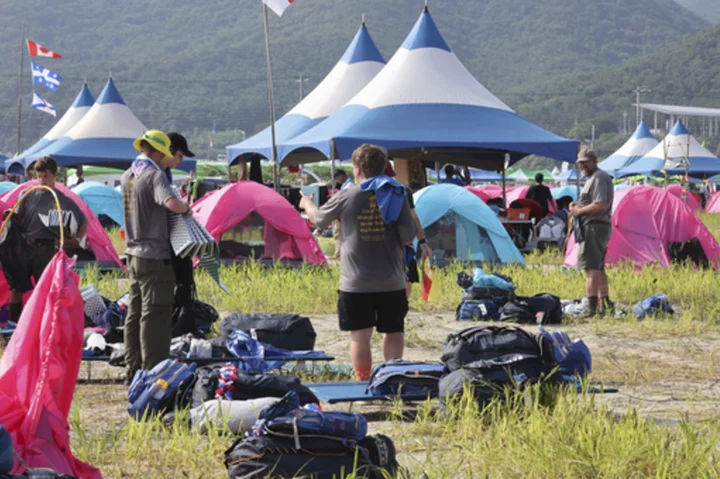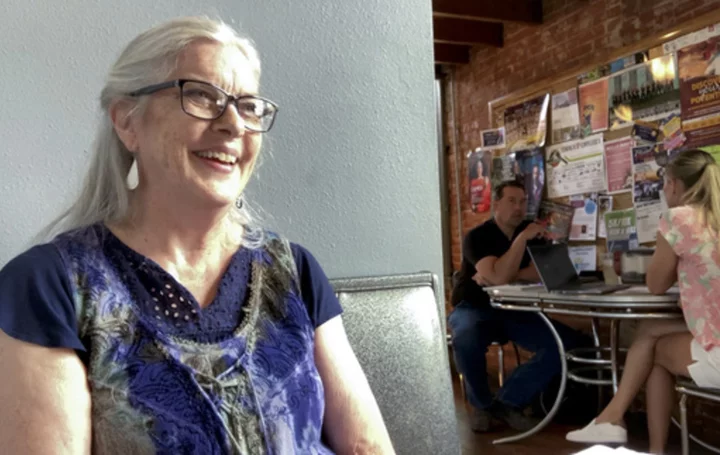The Reserve Bank of India left its key interest rate unchanged for a third straight meeting and signaled rate setters will be ready to act should food prices drive inflation higher.
The central bank held the benchmark repurchase rate at 6.50% Thursday with the six-member monetary policy committee voting unanimously. All 42 economists in a Bloomberg survey predicted the move.
The panel decided 5:1 to retain a policy stance focused on “withdrawal of accommodation,” which was introduced in April last year. Nineteen of the 20 economists who shared their forecast on the stance expected the move, while one predicted a change in language.
“The MPC is prepared to act if situation so warrants,” Das said in a livestreamed address on Thursday. “Bringing headline inflation within tolerance band is not enough. We need to remain firmly focused on bringing inflation within the 4% target.”
The yield on the benchmark 10-year note fell two basis points to 7.16%, while the rupee traded little changed. Stocks were slightly lower.
An uneven monsoon as well as floods in parts of India have lifted food prices in the world’s most populous country, in turn driving retail inflation to a three-month high of 4.81% in June. Economists see last month’s reading breaching the RBI’s 2%-6% target range due to high vegetable prices and rising costs of rice and wheat.
The monsoon, which waters nearly half of India’s farmlands, have been 2% above normal so far this season though there are reports of deficient rainfall in the northeast and eastern regions. El Nino is another concern for policymakers as it brings drier weather conditions, affecting crop yields.
The RBI has made significant progress on inflation but prices are expected to surge in July-August, Das said. “The Indian economy is exuding enhanced strength and stability despite the massive shocks to the global economy,” he added.
The central bank raised its inflation forecast to 5.4% for the year ending in March, from 5.1% in its last review. It retained a 6.5% growth target in the current fiscal year.
Rising crude oil prices is also making imports costlier for the world’s third-largest consumer of oil. The crude oil basket has averaged $85.76 a barrel in August, according to oil ministry data, the highest since November last year.
Despite the inflation pressures, Asia’s third largest economy is humming along. High frequency indicators, including services PMI and tax collections, show the activities are buoyant, giving the central bank some room to focus on reining in food and fuel prices ahead of polls scheduled for next year.
--With assistance from Subhadip Sircar.
(Updates with more details throughout. A earlier version of this story was corrected to make clear it was 5:1 decision on the policy stance)









